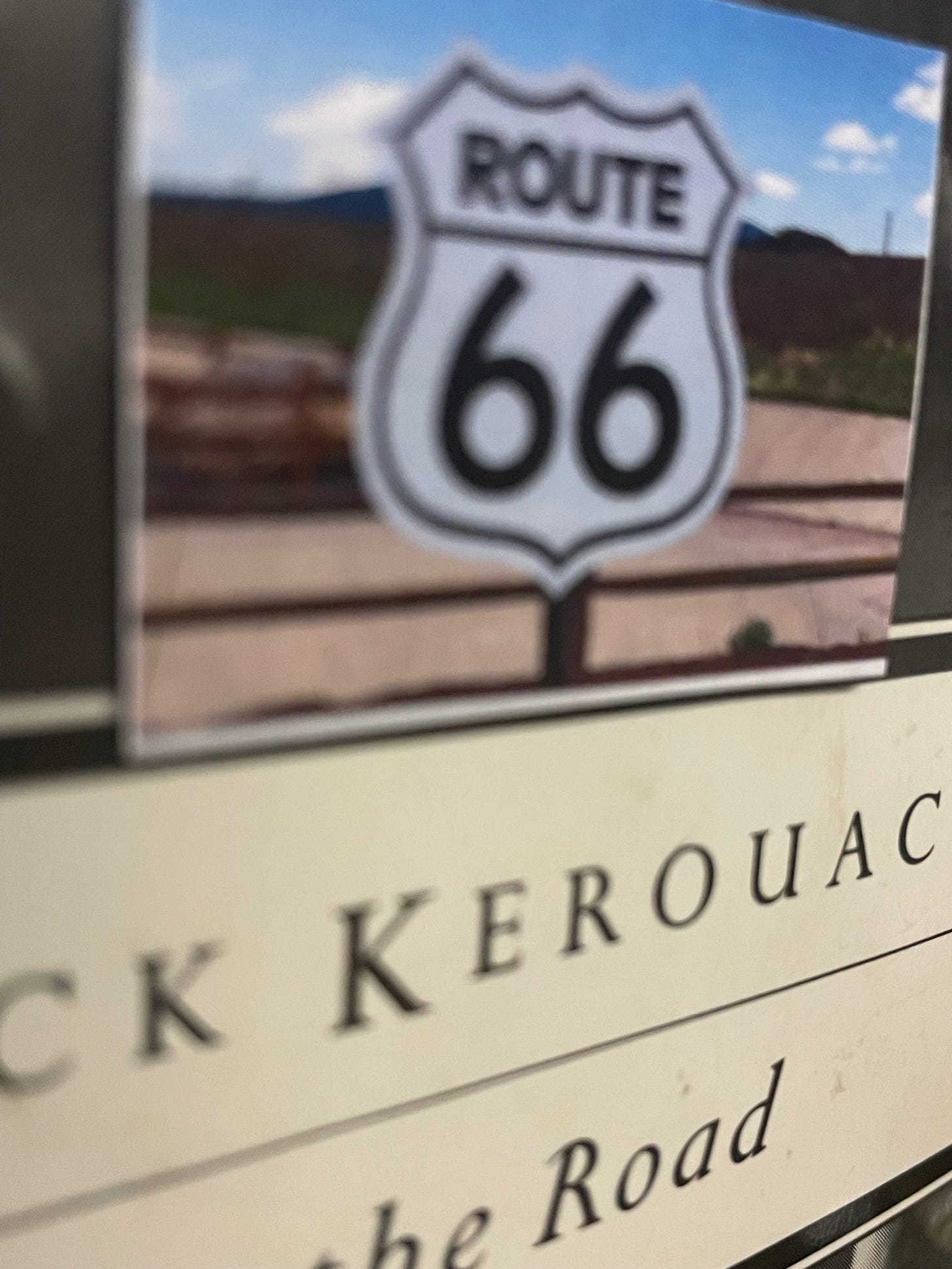He sat on his mother’s couch, smoking marijuana and watching the McCarthy hearings, cheering Tail Gunner Joe. He was 32 and it was 1954.
But in the 1940s, he said he’d like to join his Russian comrades and fight against Fascism.
He coined the term “Beat Generation” which became the proto-countercultural movement of the 1960s.
But he detested the 1960s cou…
Keep reading with a 7-day free trial
Subscribe to Eric Scheske's Outside Modern Limits to keep reading this post and get 7 days of free access to the full post archives.


